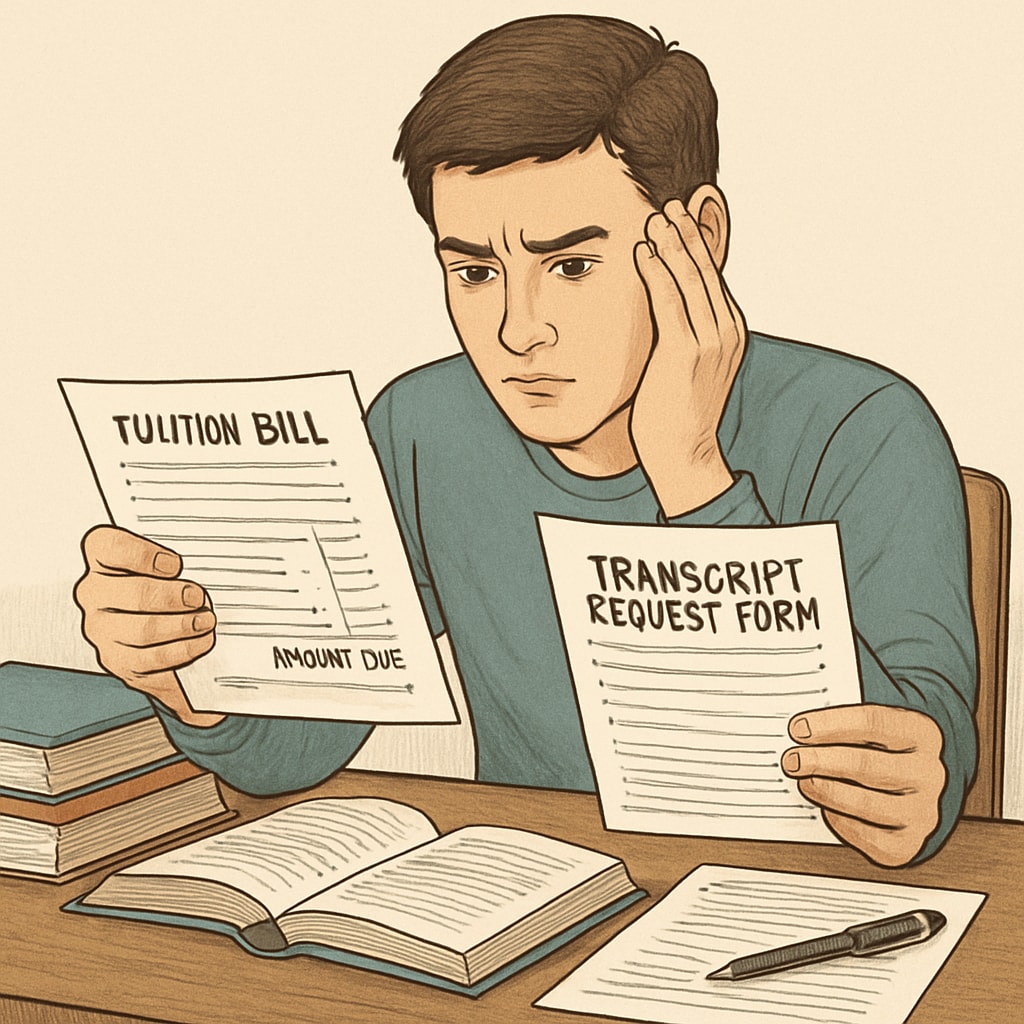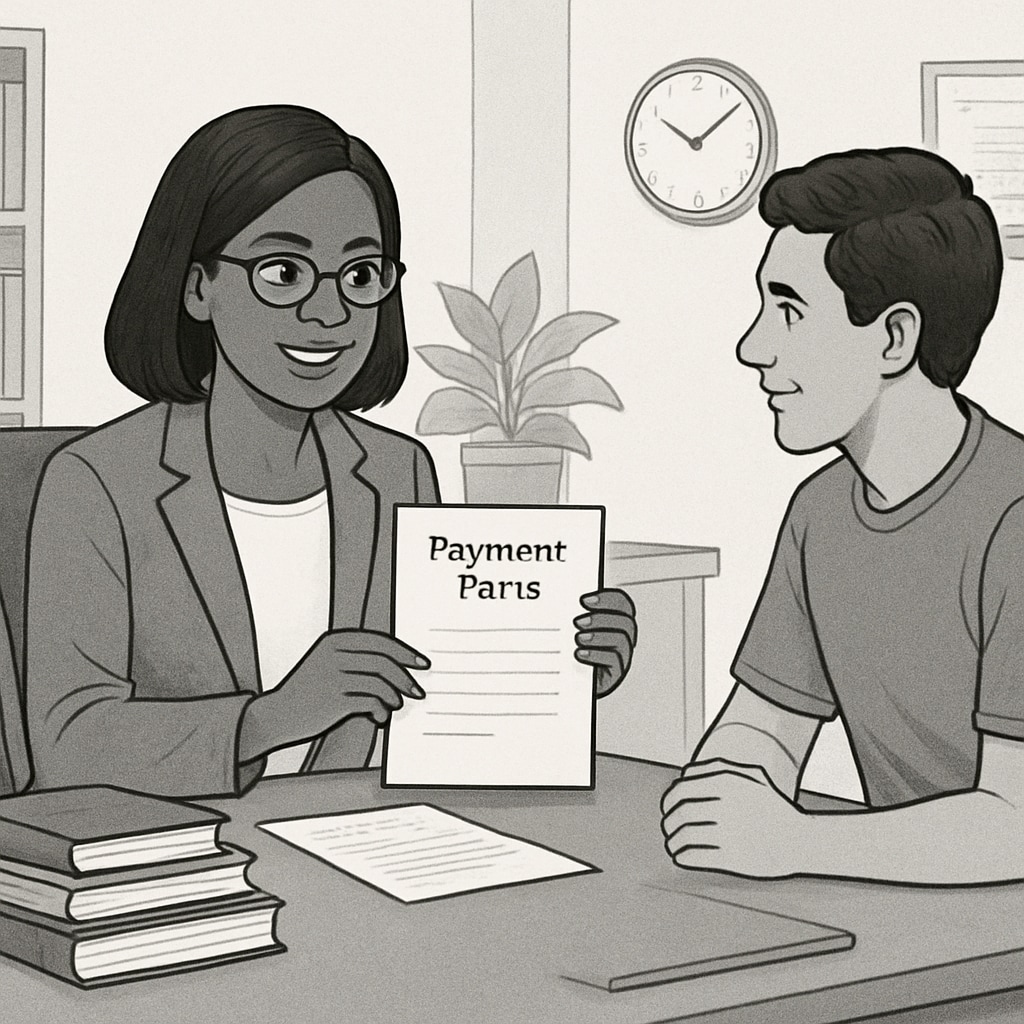For many students, accessing their academic transcript is crucial for applying to institutions, scholarships, or exams such as the PRC (Professional Regulation Commission) exam. However, unresolved financial obligations to schools can create barriers to obtaining these essential documents. The interplay between unpaid balances, institutional policies, and student needs raises critical questions about fairness and accessibility in the educational system.
Understanding the Issue: Why Schools Restrict Transcript Access
Schools often maintain policies that prohibit the release of transcripts to students who have unpaid balances. These measures aim to protect institutional rights, ensuring tuition and fees are collected to maintain operations and deliver quality education. However, these policies can inadvertently penalize students, particularly those from financially struggling families, by limiting their ability to advance academically or professionally.
For example, students applying for the PRC exam or similar certifications often require an official transcript as part of their application. Without it, they may face delays or even lose opportunities, which can exacerbate the financial strain their families are already experiencing.

Balancing Rights: Institutional Policies vs. Student Development
Educational institutions have a legitimate need to enforce their financial policies. Tuition fees fund teacher salaries, campus facilities, and educational resources. However, restricting transcript access can create long-term hurdles for students, particularly those seeking employment or further education. This scenario requires a balanced approach that addresses both institutional sustainability and student advancement.
Some progressive schools implement alternatives such as conditional transcript releases, enabling students to access their records after signing agreements to settle their balances over time. This approach fosters trust while allowing students to pursue their goals without immediate financial burden.

Practical Solutions for Families and Schools
To address this dilemma effectively, both families and schools can explore practical solutions:
- Payment Plans: Schools can offer flexible installment plans to help families manage overdue balances without disrupting students’ academic or career progress.
- Government Assistance: Governments can provide subsidies or grants to families struggling with educational expenses, ensuring financial constraints don’t hinder student development.
- Conditional Transcript Release: Institutions can issue transcripts under specific conditions, such as accepting partial payments or requiring a written commitment to pay the remaining balance.
- Transparency: Schools should clearly communicate their financial policies to families and offer early interventions to prevent large debts from accumulating.
Additionally, families can seek external scholarships or financial aid programs to cover overdue tuition. Engaging in open communication with school administrators can also lead to tailored solutions, minimizing conflict and fostering mutual understanding.
Conclusion: Striving for Equitable Outcomes
The issue of unpaid school fees and transcript access highlights a significant tension between institutional policies and student needs. While schools must protect their financial interests, denying students access to transcripts can have unintended consequences that hinder academic and professional growth. By adopting flexible and creative solutions, both institutions and families can work toward equitable outcomes that safeguard education access without compromising financial accountability.
For students facing this challenge, proactive communication and exploring available financial options are key steps toward resolving the issue. As a result, they can pursue their aspirations, whether applying for the PRC exam or advancing to higher education, without unnecessary barriers.


